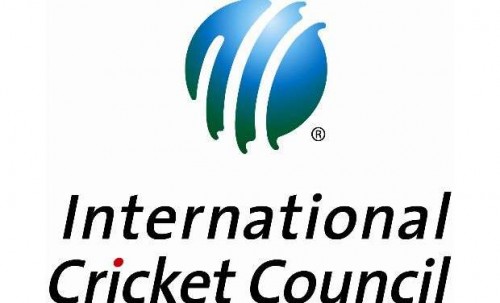 International Cricket Council (ICC) chief executive Dave Richardson said the game had reached the “straw that broke the camel’s back” with suspect bowling actions, forcing the governing body to launch its controversial crackdown on chucking.
International Cricket Council (ICC) chief executive Dave Richardson said the game had reached the “straw that broke the camel’s back” with suspect bowling actions, forcing the governing body to launch its controversial crackdown on chucking.
Pakistan’s Saeed Ajmal, Sri Lanka’s Sachitra Senanayake and Zimbabwe’s Prosper Utseya are among those who have been banned since the ICC’s cricket committee in June recommended sterner procedures to identify suspect actions.
While some have welcomed the move, others have questioned the timing so soon before a World Cup, scheduled to be held in Australia and New Zealand Feb 14-March 29.
Richardson, however, said that chucking had not only become an issue at the elite level but also at under-19 category and the ICC could not afford to wait until after their showpiece event.
“It was virtually nine months before the World Cup. If we decide that there’s something wrong with the game, why should we wait until after a World Cup?” Richardson was quoted as saying by the Sydney Morning Herald Tuesday.
“I think we’d reached that straw that broke the camel’s back. There were just too many bowlers starting to emerge that people were starting to worry about. I think it was simply that we said ‘no, this is far enough’. It’s arguable that we should have taken this kind of action earlier. That we can take on the chin.”
As a result of the ICC’s harder stance, umpires have become more confident in reporting suspect actions, who previously had fear of the ramifications on their career if a player was subsequently cleared.
“Over the years, sometimes they felt like they were the ones being victimised for identifying bowlers with suspect actions,” Geoff Allardice, ICC’s general manager of cricket, said.
“The other thing that they want is a testing process or testing results that match up with what their observations were on the field. They’re the two things that go together to giving them the confidence to express their views.”
The ICC is now looking to reduce the period for tests to be conducted on bowlers with suspect actions with testing now possible at four centres – Brisbane, Chennai, Cardiff or Loughborough.
Players are required to be tested after being reported from 21 days to 14 days. At the World Cup and other ICC events the period is seven days.
“If you were reported in a World Cup for instance, you’d be straight off to the nearest testing facility, which we would have ready to go and the results would be fast-tracked. “I think getting tests arranged at shorter notice is a distinct possibility,” Allardice said.
Allardice said the ICC’s chief executive committee will next month review the rule which allows players reported at domestic level to continue playing at international level and vice-versa.